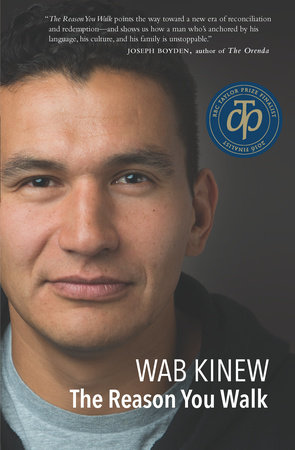
We met at Shirley’s home to discuss Jane’s choice, The Reason You Walk, by Wab Kinew. Present were Jane, Shirley, Linda, Beth,
Betty, Colette, Carla, and Jolene.
Shirley served a wonderful
selection of cold cuts, cheese, quacamole and dip, as well as meatballs, mini wild rice and mushroom quiche followed up with a
delicious berry crumble and ice cream, all gluten-free.
Jane introduced the author as a rapper, chief, father,
journalist, politician and university administrator. He defended The Orenda on Canada Reads.
He holds a master’s degree in Indigenous Governance.
The Reason You Walk
follows the lives of Wab and his father Tobasonakwut, himself a survivor of
residential schools. Tobasonakwut faces
death with strength, courage, grace and forgiveness. Reconciliation between father and son is also
a large part of the story.
Reaction to the book was fairly uniform. While the book was informative and
interesting, the writing style was not very appealing. Since the author is a good speaker on CBC,
some wondered if an audio book would have been more effective. We appreciated details about indigenous
culture and the background to Truth and Reconciliation. The ending, with Wab’s sons singing and
telling their dying grandfather that they loved him, was moving and appreciated
by all. However, it would have been
helpful to have more explanation about how Wab managed to manoeuvre so well
between the indigenous world and outside culture.
We had a good discussion about spirituality in the
book. The focus on fasting and prayer in
native culture was gripping; however, the Sundance dances were hard to fathom,
with flesh tearing so foreign to our group.
At one point, Wab’s father offered a feather to church leaders, a
momentous gesture. In answer to the
criticism that Christ seemed absent from much of the depiction of Christianity,
some pointed out that “the reason you walk” embodies Christian
values—understanding of the Creator, His motivation, love, and our ultimate destination.
First of all thank you to Jolene and Shirley for taking notes for me. I agree with the comments made. I learned quite a lot but found the writing style stilted.
ReplyDelete